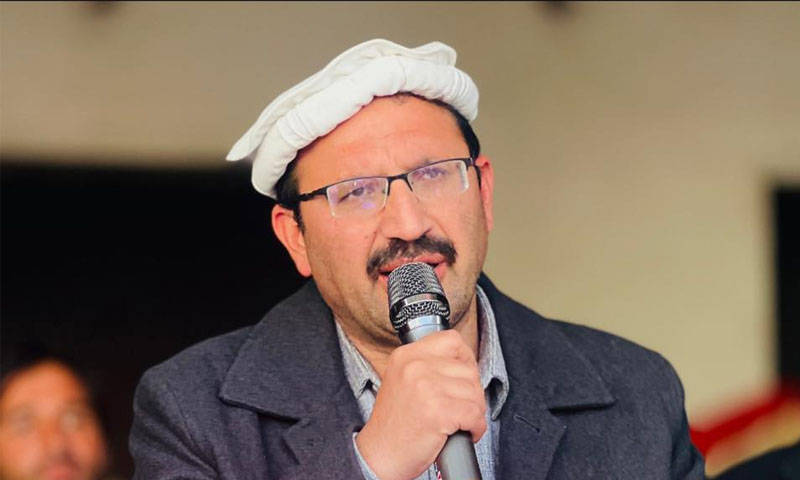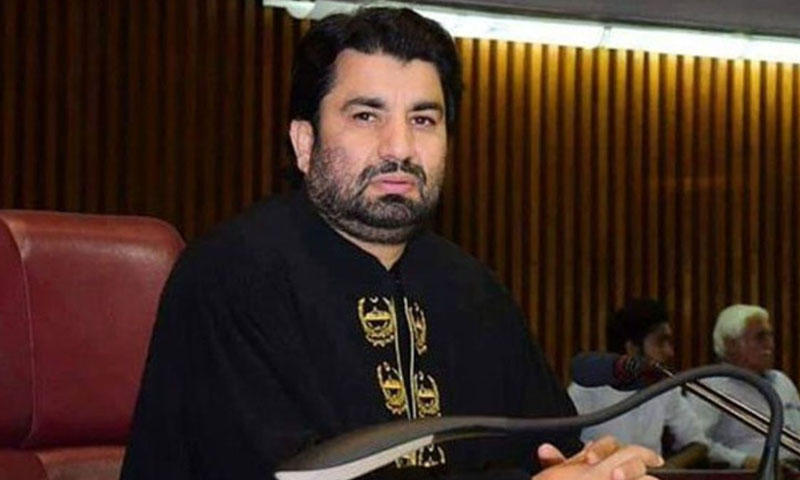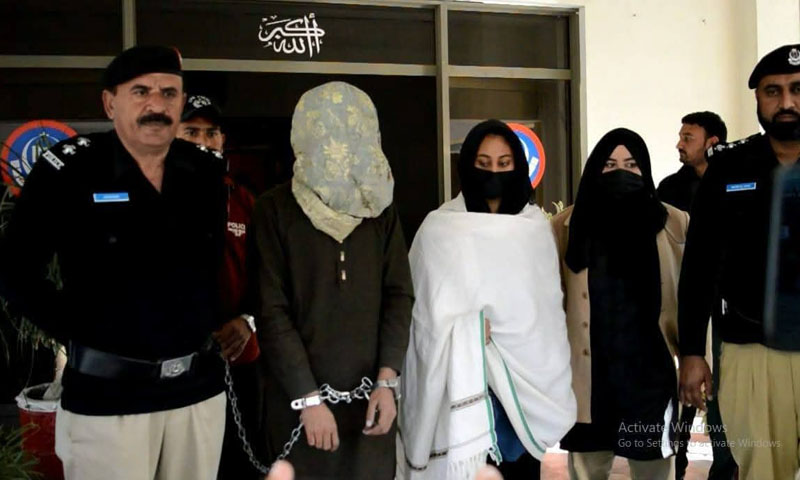- Web Desk
- Feb 09, 2026
PTI’s Junaid Akbar elected unopposed as PAC chairman
-

- Web Desk
- Jan 24, 2025

ISLAMABAD: Pakistan Tehreek-e-Insaf (PTI) member national assembly (MNA) Junaid Akbar has been elected unopposed as the chairman of the Public Accounts Committee (PAC).
Akbar’s nomination was proposed by Pakistan Muslim League-Nawaz (PML-N) chief whip Tariq Fazal Chaudhary and seconded by Senator Afnan Ullah and Rana Qasim Noon of the same party.
Opposition leaders in the National Assembly and Senate Omar Ayub and Shibli Faraz also supported Junaid Akbar’s nomination.
Chaudhary confirmed that the government had decided to hand over the PAC chairmanship to the opposition as per parliamentary tradition.
After being elected the PAC chairman, Junaid Akbar expressed his gratitude to all members and promised to carry out his responsibilities diligently. ” Initially, we had wished for Sheikh Waqas Akram to lead the PAC, but I will try my best to fulfill this responsibility with the support of my fellow members.”
He further admitted that, despite his 11 years of experience as a parliamentarian, he was new to the PAC role but was eager to learn from senior colleagues. “I will learn from experienced members and work in collaboration with the team.”
The committee was without a chairman since the incumbent government came into power after the Feb 08 elections.
Earlier, PTI’s chief whip Aamir Dogar forwarded the names of five candidates – Junaid Akbar, Sheikh Waqas Akram, Omar Ayub Khan, Aamir Dogar, and Khawaja Shiraz Mahmood – to PML-N’s chief whip in a letter.
However, the government and the opposition later on reportedly agreed to replace Sheikh Waqas with Adil Bazai after which the PTI resubmitted its list of candidates for the position.
This development came amid the ongoing tensions between the opposition and the government.
PTI’s Barrister Gohar today announced that his party would not participate in the fourth round of negotiations with the government, scheduled for January 28, citing the government’s failure to form judicial commissions as per their demands.




